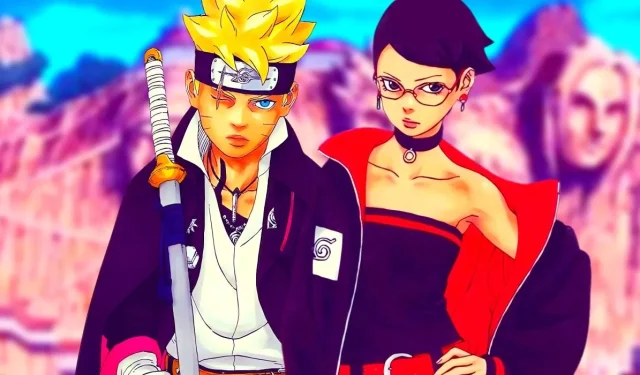The Boruto series has faced its share of criticism, particularly regarding aspects like inconsistent power scaling. However, despite its detractors, many fans have overlooked the series’ significant merits, particularly its innovative contributions within the Naruto universe.
A remarkable instance of this evolution can be seen in the romantic subplots of Boruto: Two Blue Vortex. In sharp contrast to Naruto, where romantic developments often felt abrupt and unearned, the sequel effectively establishes character emotions early on. These feelings not only serve as foreshadowing but actively influence the narrative direction.
Boruto’s Evolution of Romantic Storylines
A New Era of Compelling Couples
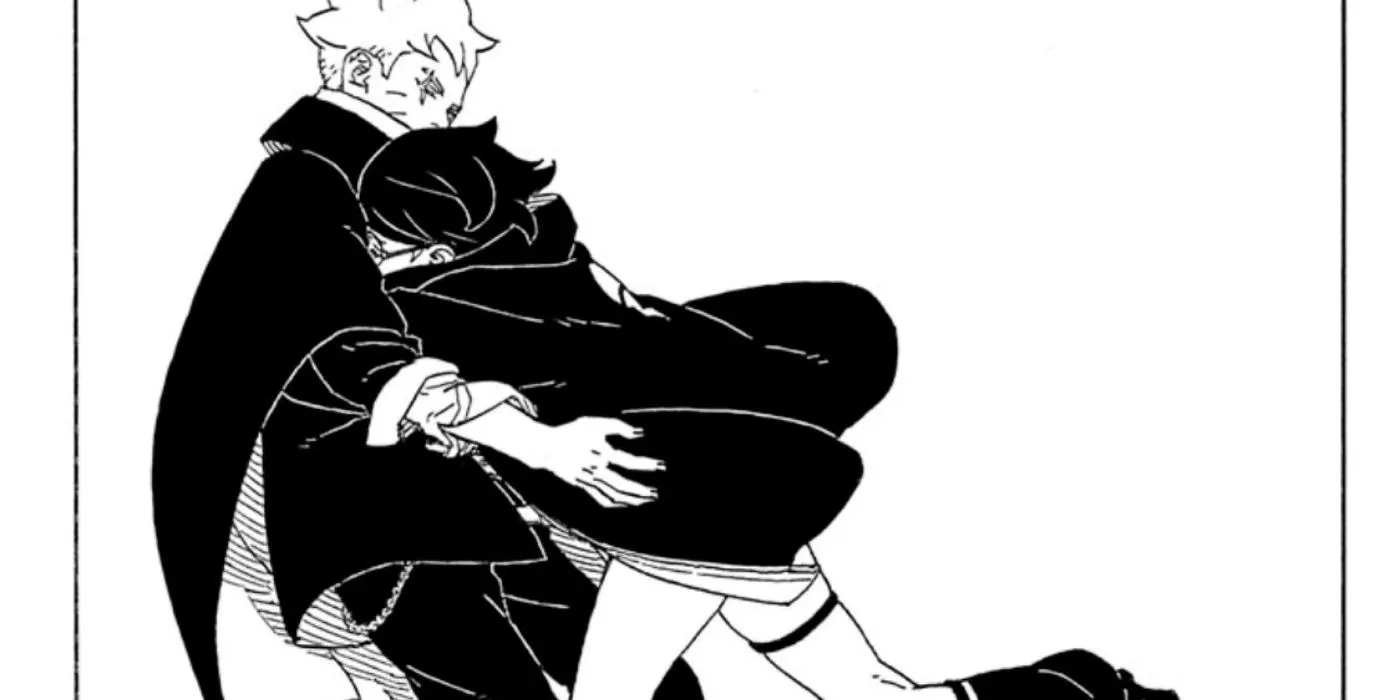
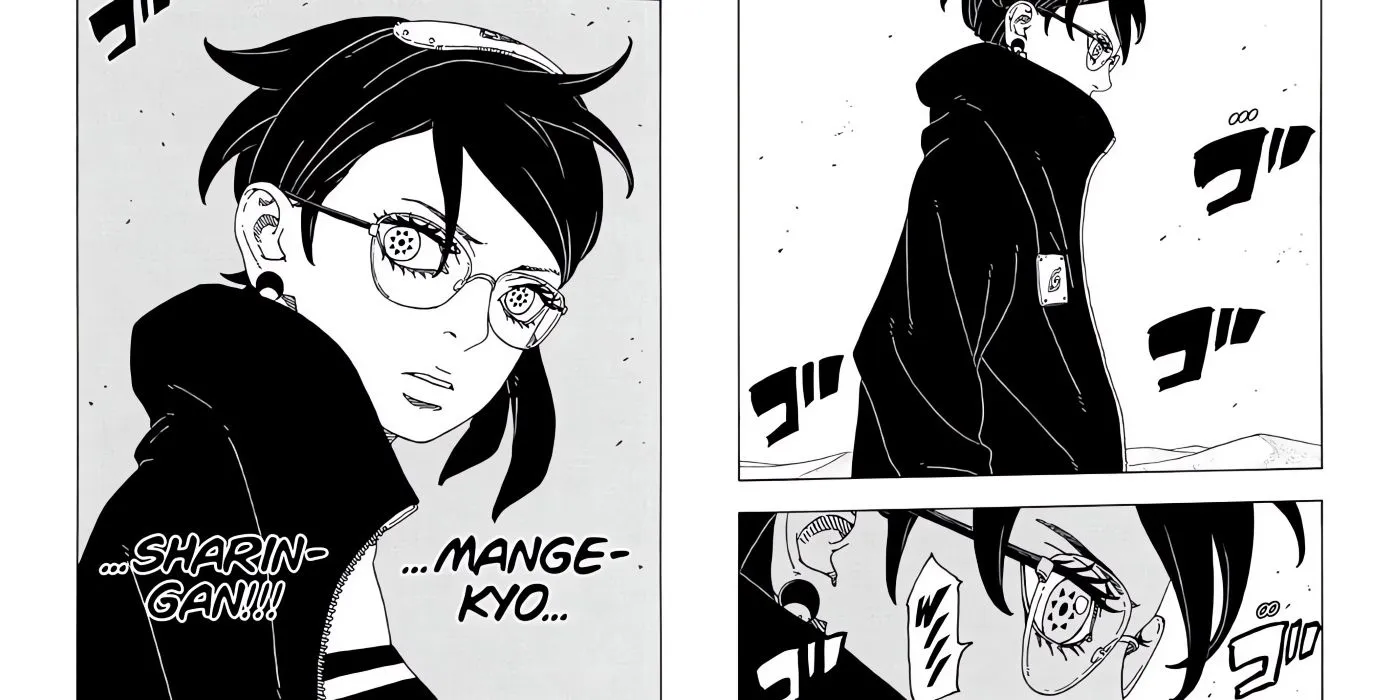
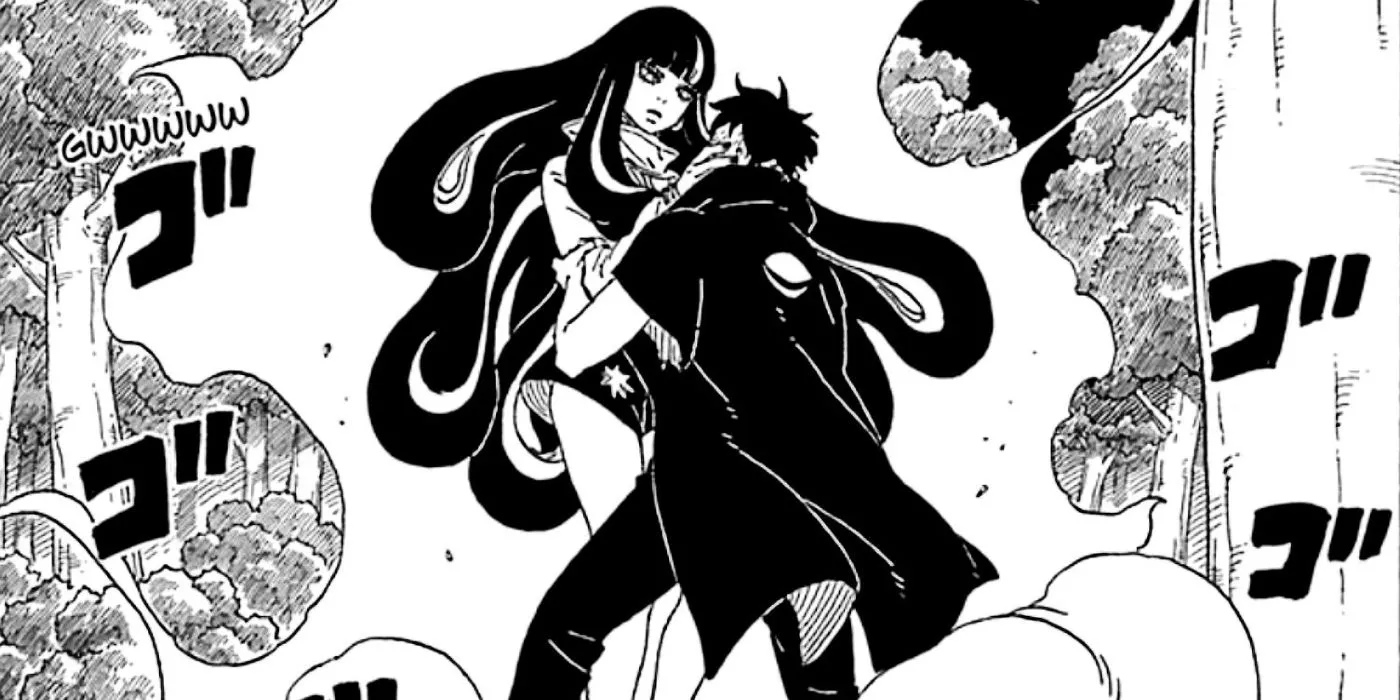
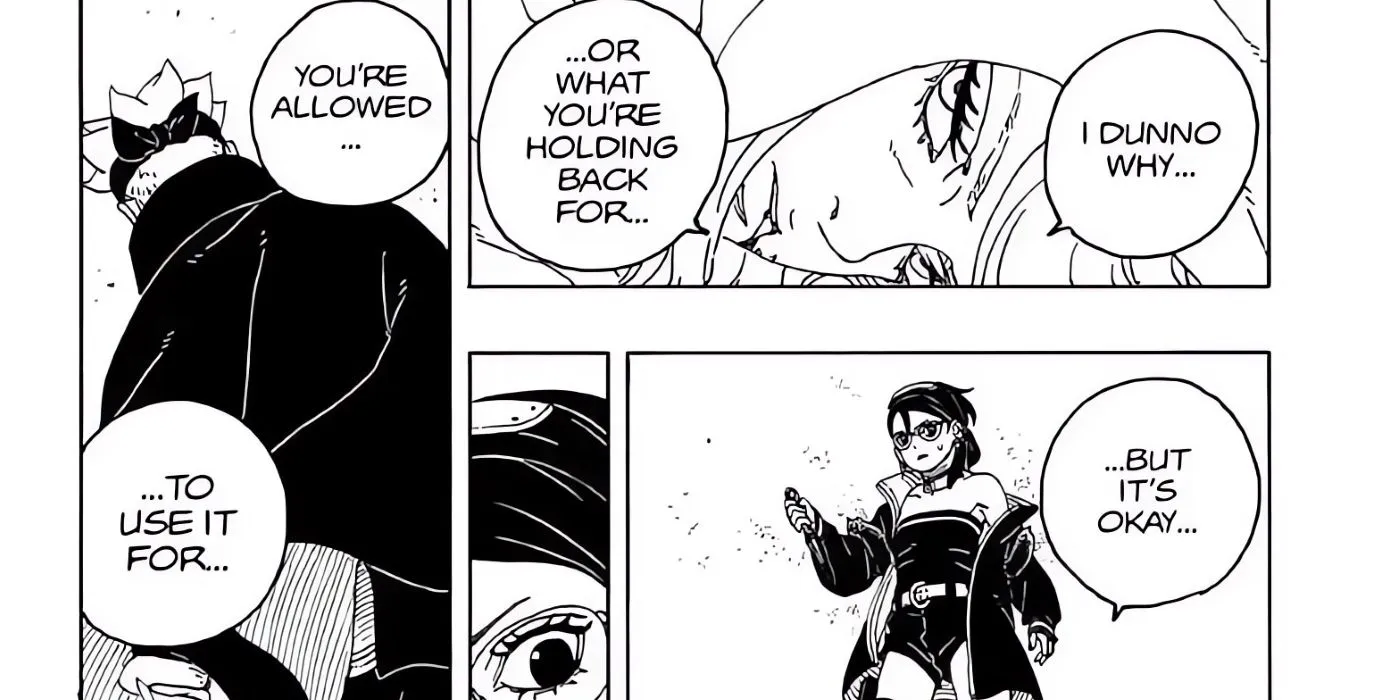
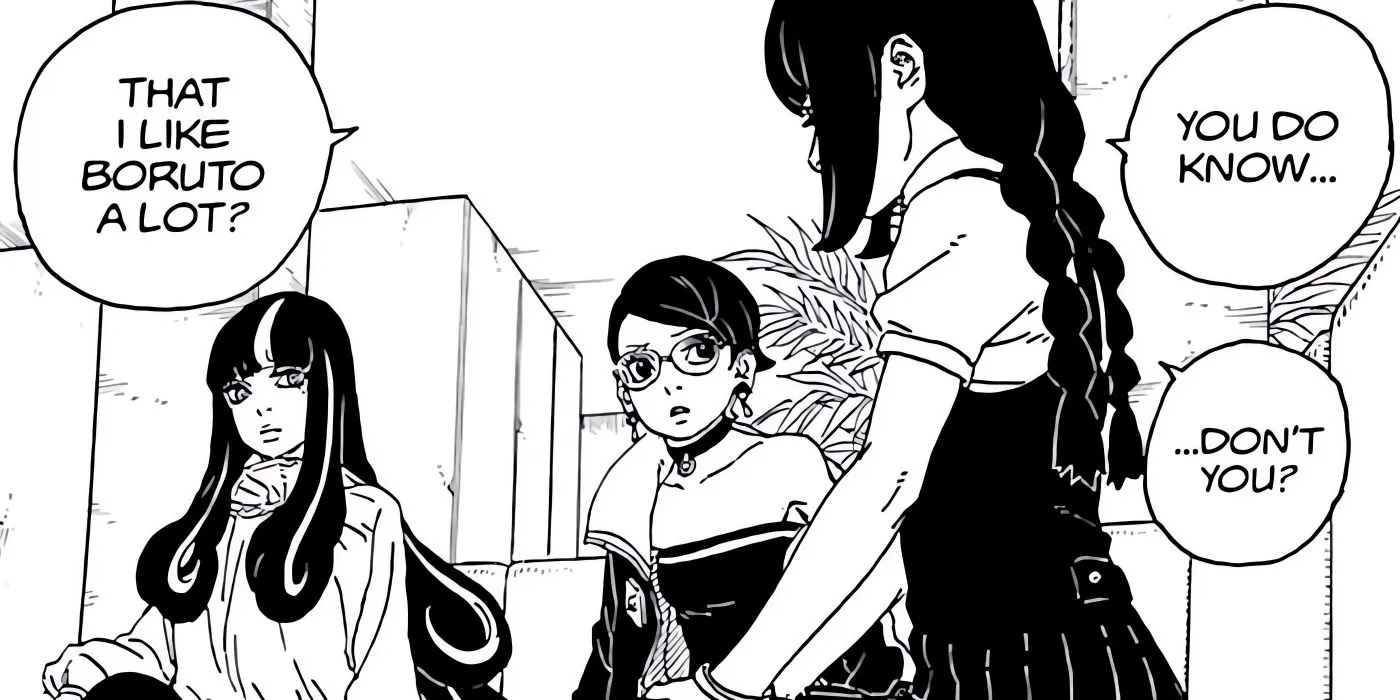
When Naruto debuted, it transformed the anime landscape, setting new standards for storytelling within the Shōnen genre. While its character arcs and intricate power dynamics receive continuous acclaim, it is noteworthy that romantic plots were a glaring weakness. Most main characters, after all, did not explore romantic relationships until their narratives were concluded, often sidelining these emotional journeys.
In contrast, the Boruto: Two Blue Vortex manga takes significant strides in rectifying this gap. From the get-go, character emotions become integral to the plot. For instance, in Chapter #9, an emotional interaction occurs when Sarada embraces Boruto after years apart, quickly transitioning to discussions of her and Sumire’s feelings towards him. This not only hints at a developing love triangle but also showcases character growth and emotional depth.
Emotions Elevate the Narrative
How Romance Drives the Story Forward
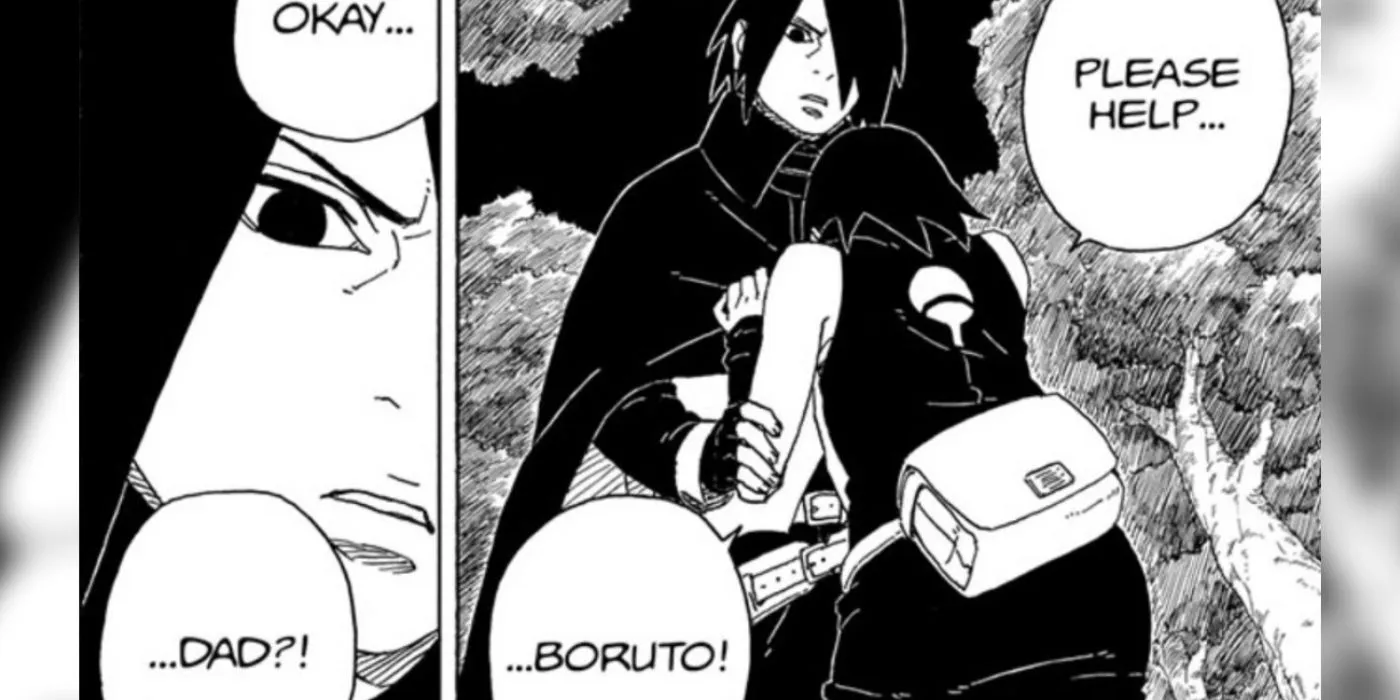
Establishing romantic relationships early enhances their emotional weight. In Boruto, priorities have shifted to ensure that these feelings are not mere side notes. Eida’s obsession with Kawaki acts as a catalyst for major plot developments, notably in Chapter #79, where her desire leads to using the series’ most powerful technique, Omnipotence, to swap places with Boruto.
Moreover, Sarada’s feelings for Boruto become crucial to her character’s motivation and abilities. Notably, in Chapter #20, her longing for him awakens her Mangekyo Sharingan, showcasing how emotional ties directly influence power dynamics. Similarly, Sumire’s affection for Boruto positions her as an essential figure in Konoha’s future, especially considering her insight into Kawaki’s vulnerabilities.
Exploring the Complexities of Love
Eida’s Relationship with Kawaki: A Cautionary Tale
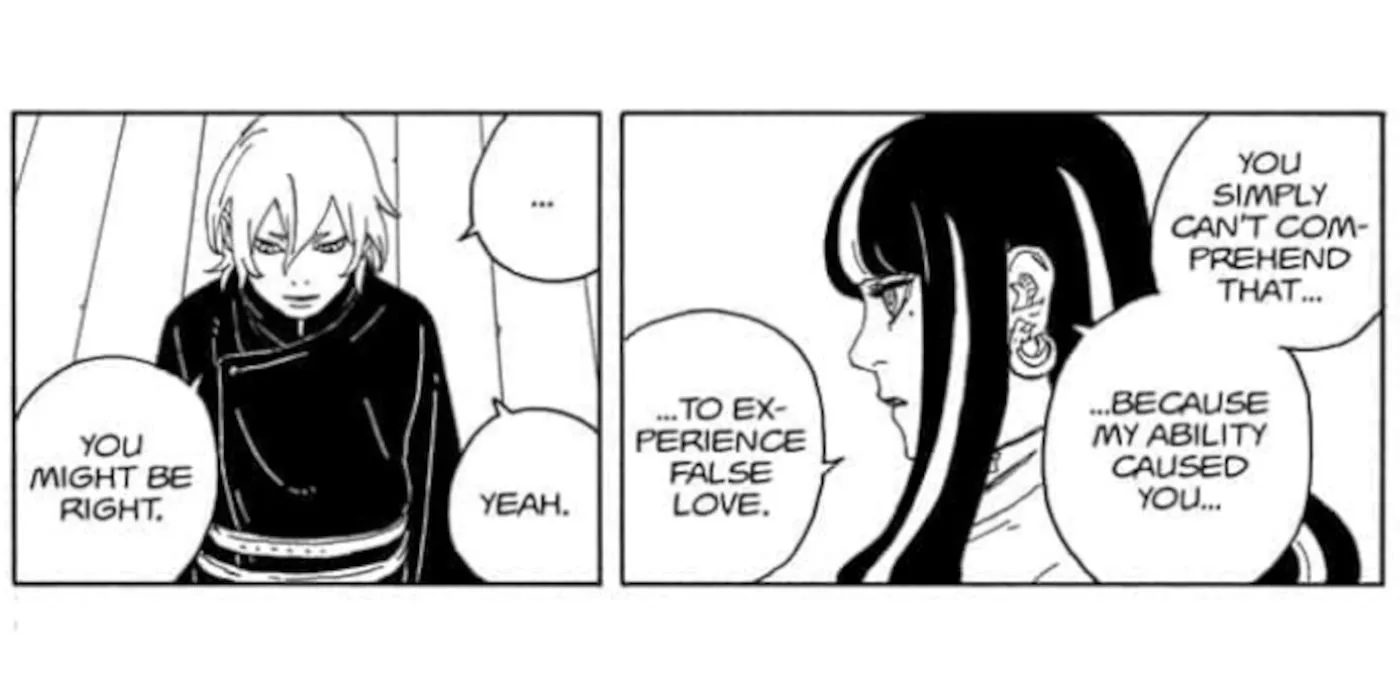
While Boruto excels in showcasing uplifting love stories, it also thoughtfully explores the darker sides of romantic entanglements. Eida, one of the series’ most complex characters, grapples with the inability to experience true affection due to her unique powers. Her interactions are often marked by manipulation, leaving her longing for an authentic connection that Kawaki alone seems to spark. Yet, Kawaki’s intentions are far from genuine, viewing Eida as a means to his end, which complicates their dynamic profoundly.
The Anticipated Reunion of Boruto and Sarada
Anticipation for Boruto and Sarada’s Future
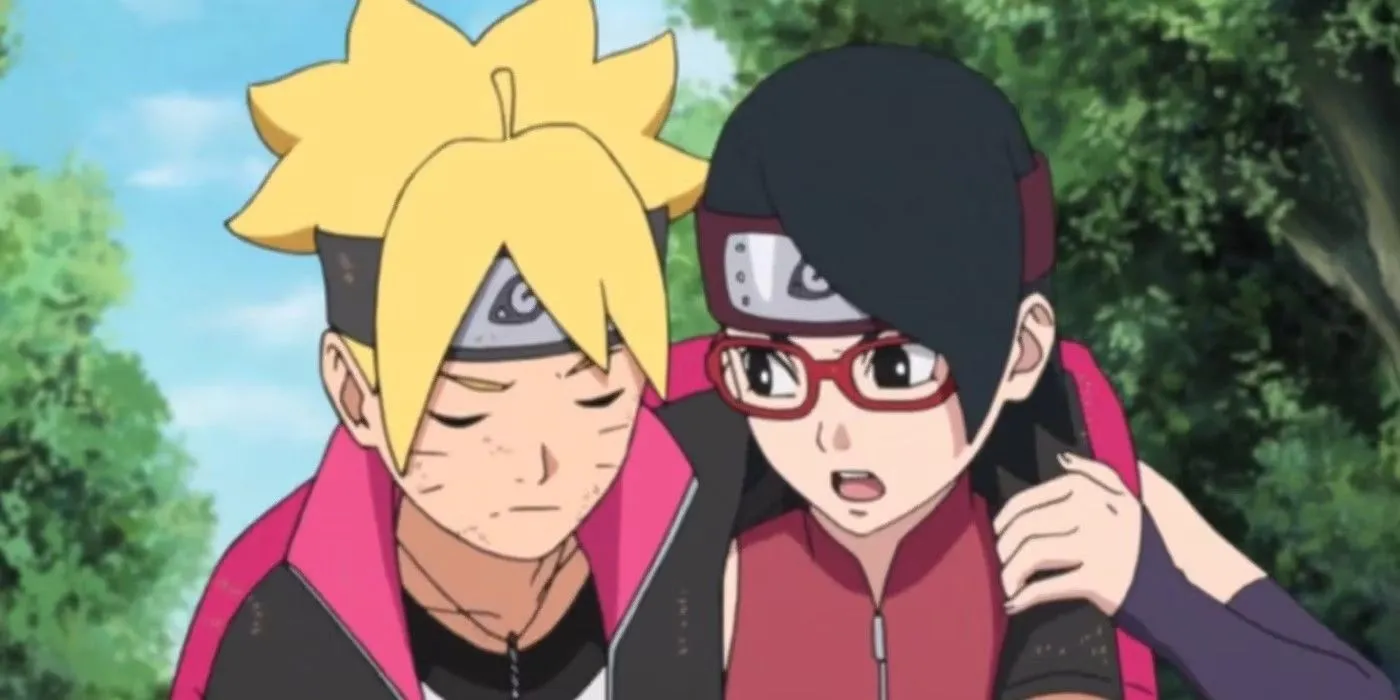
While the romantic interactions in Boruto might not be its primary focus, they have ignited considerable excitement among fans. The burgeoning chemistry between Boruto and Sarada far exceeds that of Naruto and Hinata, with fans eagerly awaiting their eventual confession of feelings—a moment that may still be years away.
Despite its flaws, Boruto: Two Blue Vortex has elevated the standard for romantic storytelling, offering a refreshing take that deserves recognition. The series skillfully weaves emotional depth into its narratives, promising to deliver a more rewarding romantic journey for its audience.
